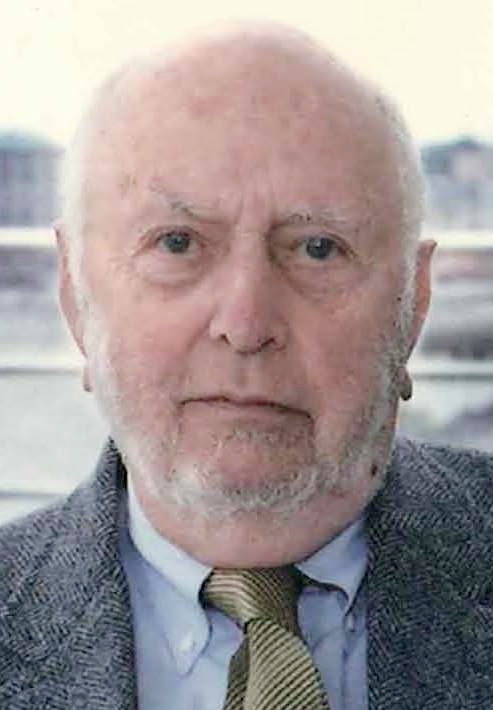Famous Douglass C. North Quotes
Source: The rise of the western world, 1973, p. 240-1, as cited in: Thrainn Eggertsson (1990), Economic behavior and institutions. p. 255-6
Source: The rise of the western world, 1973, p. 8
Source: The rise of the western world, 1973, p. 2
1937 and 1945)
Douglass North, in "Structure and Change in Economic History" (1981), p. 36
Source: Violence and Social Orders (2009), Ch. 4 : Open Access Orders
Douglass C. North Quotes
Source: Violence and Social Orders (2009), Ch. 1 : The Conceptual Framework
Source: The rise of the western world, 1973, p. vii, Preface
Source: Institutions (1990), p. 121
Douglass North. (1991). "Institutions." Journal of Economic Perspectives, 5(1): 97-112; Abstract
Source: Institutions (1990), p. 89
Source: The rise of the western world, 1973, p. 157
Source: Institutions (1990), p. 39
Source: Institutions (1990), p. 119
constitutions, laws, property rights
Source: Institutions (1990), p. 97; As cited in: Oliver E. Williamson (1996) The Mechanisms of Governance. p. 4
Douglass North in "Orders of the Day" in Reason (November 1999) http://reason.com/archives/1999/11/01/orders-of-the-day, a review of The Great Disruption : Human Nature and the Reconstruction of Social Order (1999) by Francis Fukuyama
Source: The rise of the western world, 1973, p. vii, Preface
Source: Institutions (1990), p. 81; Ch. 9 : Organizations, learning, and institutional change
